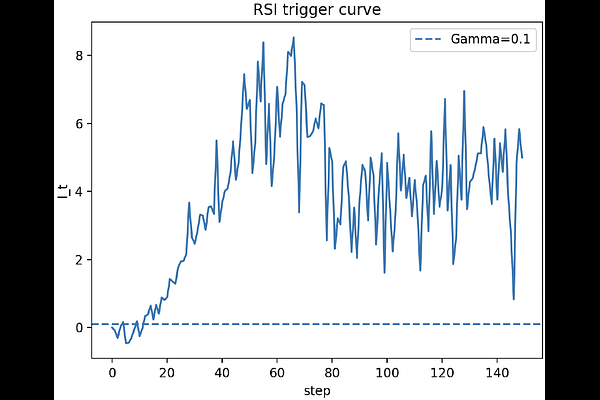Emotion-Gradient Metacognitive RSI (Part I): Theoretical Foundations and Single-Agent Architecture

Emotion-Gradient Metacognitive RSI (Part I): Theoretical Foundations and Single-Agent Architecture
Rintaro Ando
AbstractWe present the Emotion-Gradient Metacognitive Recursive Self-Improvement (EG-MRSI) framework, a novel architecture that integrates introspective metacognition, emotion-based intrinsic motivation, and recursive self-modification into a unified theoretical system. The framework is explicitly capable of overwriting its own learning algorithm under formally bounded risk. Building upon the Noise-to-Meaning RSI (N2M-RSI) foundation, EG-MRSI introduces a differentiable intrinsic reward function driven by confidence, error, novelty, and cumulative success. This signal regulates both a metacognitive mapping and a self-modification operator constrained by provable safety mechanisms. We formally define the initial agent configuration, emotion-gradient dynamics, and RSI trigger conditions, and derive a reinforcement-compatible optimization objective that guides the agent's development trajectory. Meaning Density and Meaning Conversion Efficiency are introduced as quantifiable metrics of semantic learning, closing the gap between internal structure and predictive informativeness. This Part I paper establishes the single-agent theoretical foundations of EG-MRSI. Future parts will extend this framework to include safety certificates and rollback protocols (Part II), collective intelligence mechanisms (Part III), and feasibility constraints including thermodynamic and computational limits (Part IV). Together, the EG-MRSI series provides a rigorous, extensible foundation for open-ended and safe AGI.